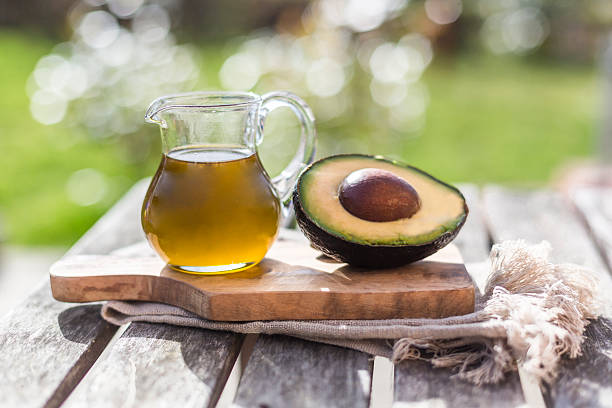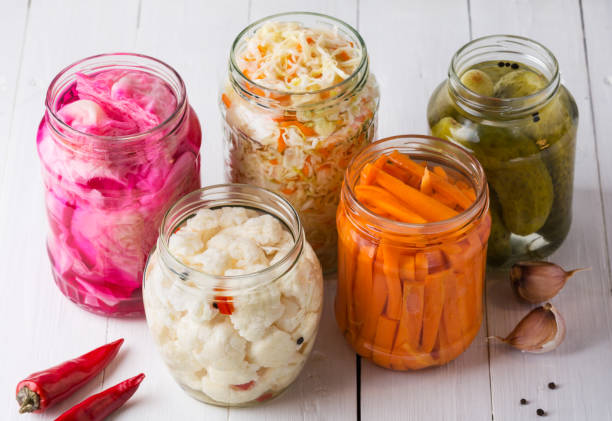
According to recent studies, many Blacks are dealing with varying forms of arthritis. In fact, they’re more likely to develop certain types of arthritis than other ethnicities. Regardless of what kind of pain you’re dealing with, it’s good to know that you can do more than taking medications for your aching joints. Research shows that making a few changes to your diet can help you to manage your arthritis so let’s look at some of those beneficial foods.
Why Does A Diet Change Work?
There’s still a lot of work to be done but so far researchers have established a pretty strong link between what we eat and inflammation in our bodies. This inflammation has been tied to an increased risk of developing certain diseases as well as worsening existing conditions. When you eat foods that encourage inflammation, it can make arthritic pain worse. If you add anti-inflammatory foods to your diet, on the other hand, there is evidence that you can make the pain more manageable.
READ: 13 Ways to Manage Arthritis Pain
What You Should Be Eating
It might sound like a lot of effort to include anti-inflammatory foods in your diet but many of them are already in your kitchen. The ones that you might not have are pretty easy to find so you’ll have no trouble getting them too.
Here are 10 natural remedies for arthritis pain that may be hiding in your kitchen:
1. A Range Of Colorful Fruits

The best fruits for you are those that are rich in flavonoids and polyphenols. These nutrients are well known for their anti-inflammatory and pain-relieving properties. Some options include strawberries, apples, blueberries, pomegranates, raspberries, grapes, cherries, oranges, cranberries, and grapefruit.
2. Fresh And Lightly Cooked Vegetables

Many vegetables are full of antioxidants, polyphenols, fiber, vitamins, and minerals that help to relieve arthritic pain. Some of the vegetables you need to eat are dark leafy greens, cauliflower, carrots, beets, broccoli, Winter squash, onions, red bell peppers, cabbage, corn, peas, sweet potatoes, Brussels sprouts, and bok choy.
READ: Could a Diet Change Help Your Arthritis?
3. Legumes

While legumes don’t have anti-inflammatory properties, they are an excellent source of protein when you’re cutting down on meat consumption. You should try black beans, Anasazi beans, chickpeas (garbanzo beans), Adzuki beans, kidney beans, black-eyed peas, pinto beans, soybeans, lima beans, and lentils.
4. Whole Grain Foods

This category of foods contains a lot of the antioxidants, vitamins, and minerals you need to keep your pain in check. Some great options include
oats, barley, brown rice, Bulgur, whole grain cereals, whole cornmeal, millet, quinoa, and sorghum.
5. Low-Fat Dairy Products
The foods in this category help to promote bone health which is helpful for people who have the type of arthritis that weakens bones and causes deformities. In this case, low-fat dairy products give you the calcium and vitamin D you need without adding too much fat to your diet.
6. Nuts and Seeds

Nuts and seeds contain anti-inflammatory nutrients that you need to manage your pain. You should look out for walnuts, flaxseeds, almonds, chia seeds, pine nuts, hemp seeds, and pistachios.
READ: Best Stretches For Arthritis
7. A Variety Of Fish And Seafood

Fatty fish and seafood have omega-3 fatty acids that have important anti-inflammatory properties. Make sure to stock your kitchen with tuna, herring, salmon, sardines, scallops, and anchovies, crab, trout, mussels, sea bass, and mackerel.
8. The Right Fats

A key part of a good anti-inflammatory diet is replacing saturated fats with unsaturated ones. That means swapping out butter or unhealthy oils with plant-based options such as extra-virgin olive oil, avocado oil, canola oil, sesame seed oil, safflower oil, and walnut oil.
9. Flavorful Herbs And Spices

When you’re flavoring your meals, don’t forget about some of these pain-relieving herbs and spices. The list includes turmeric, ginger, garlic, onion, cinnamon, and cayenne pepper.
READ: Are You Treating Your Arthritis Correctly?
10. Fermented Foods

Fermented foods make the list because they contain probiotics which encourage the balance of microorganisms in the digestive system. This balance in turn controls inflammation in the body. Foods like pickles, sauerkraut, kimchi, kombucha, kefir, miso, and tempeh should be on your shopping list.
Anti-inflammatory foods aren’t limited to what you eat either. It’s recommended that you keep hydrated and add some antioxidant-rich green tea to your diet as well. In some cases, the right supplements can be great additions as well.
Of course, it’s not always easy to change the way you eat. It can be even harder if you have food allergies or intolerances as well as other chronic illnesses that influence your eating habits. The best place to start is with your doctor. They’ll be able to look at the overall picture and advise you on which changes would be most beneficial.









